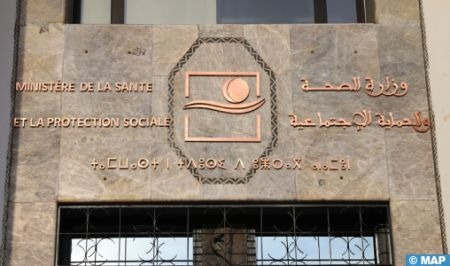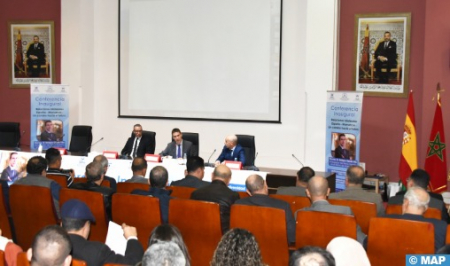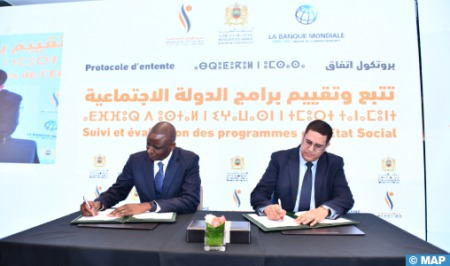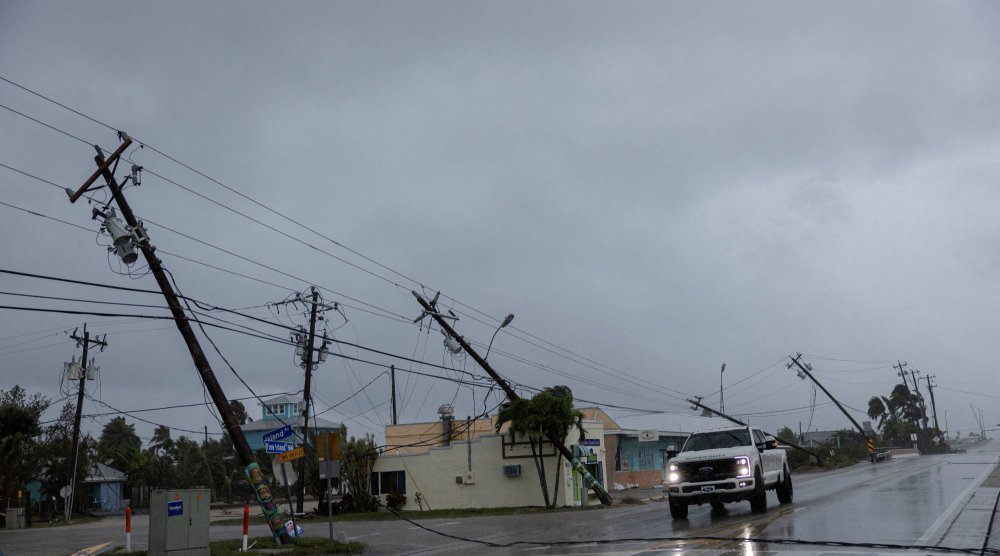In a statement, the Ministry of Health and Social Protection announced that this year, Morocco chose to commemorate the global day under the slogan “For a Morocco without AIDS, sexually transmitted infections, viral hepatitis, and tuberculosis by 2030.”
During the event, which was attended by the Wali of the Souss-Massa region, the governor of Agadir Ida-Outanane, governors of the region’s provinces and prefectures, the president of the Regional Council, representatives of ministerial departments, public institutions, professional bodies, as well as civil society representatives, a charter of commitment was signed.
This agreement involved the Ministry of Health and Social Protection, the Wilaya of the Souss-Massa Region, the Regional Council, and other institutional partners and civil society actors.
According to the agreement, the parties commit to sharing expertise and best practices to eradicate HIV, sexually transmitted infections, viral hepatitis, and tuberculosis in the Souss-Massa region by 2030, the statement said.
The charter also aims to reduce new infections related to HIV and sexually transmitted diseases by at least 90%, decrease mortality linked to viral hepatitis by at least 65%, and lower tuberculosis mortality by 65% and its incidence rate by 35%.
This event, the ministry noted, is part of the Integrated National Strategy to Combat AIDS, viral hepatitis, and sexually transmitted infections for the period 2024–2030.
The strategy seeks to eliminate the HIV epidemic in Morocco as a public health issue by 2030, in line with the Sustainable Development Goals, through a participatory approach addressing all health, social, and economic determinants of these diseases. This involves collaboration with civil society organizations, government institutions, and local and international partners.
According to data from the National Program to Combat HIV, over 23,000 cases have been recorded to date. Of those affected, 78% are aware of their serological status, 94% receive appropriate treatment, and 94% have an undetectable viral load.
Access to HIV testing and care services is free within the structures of the Ministry of Health and Social Protection, ensuring equity and the human rights of people living with HIV, the statement concluded.











Comments
0